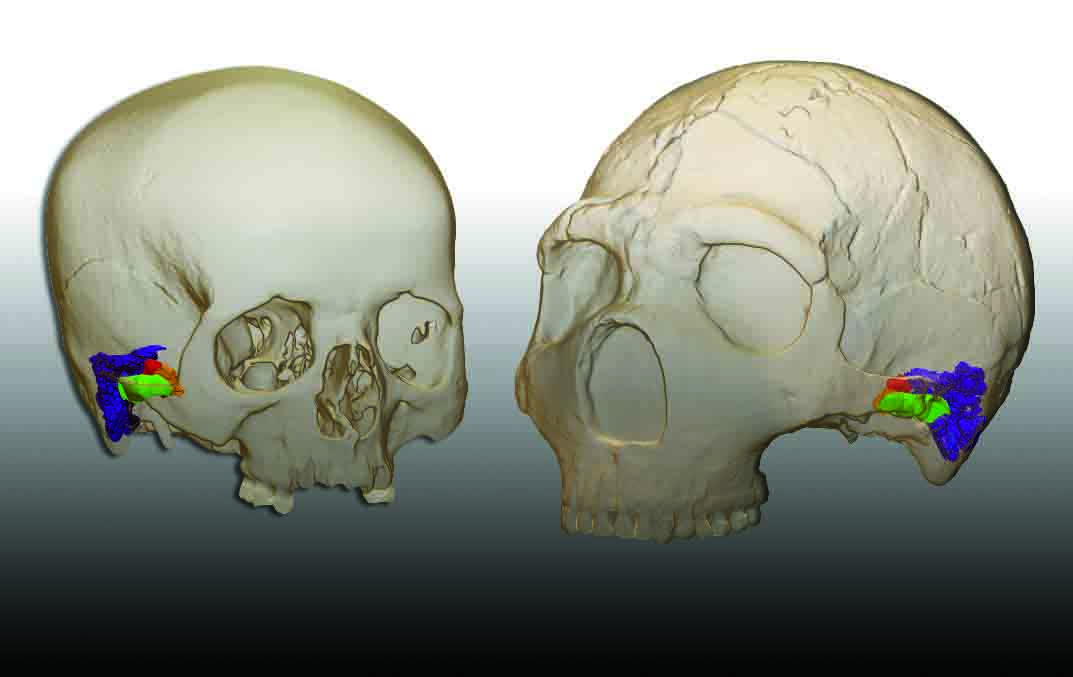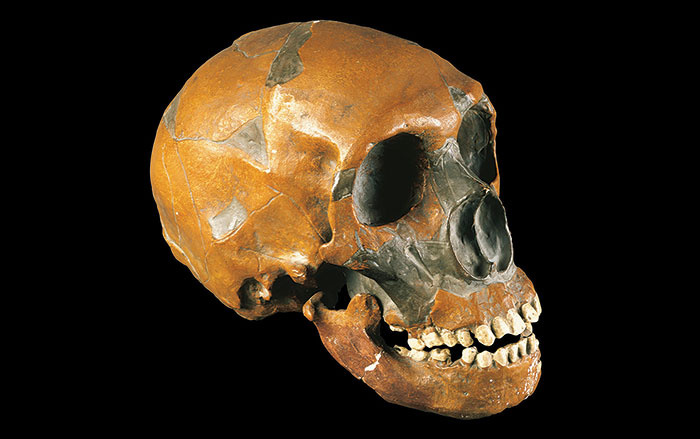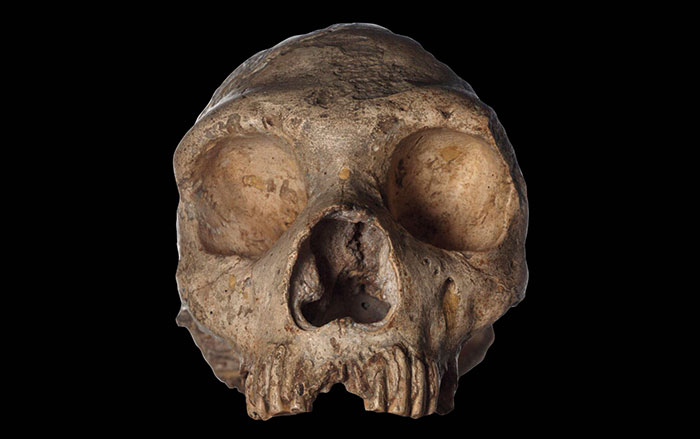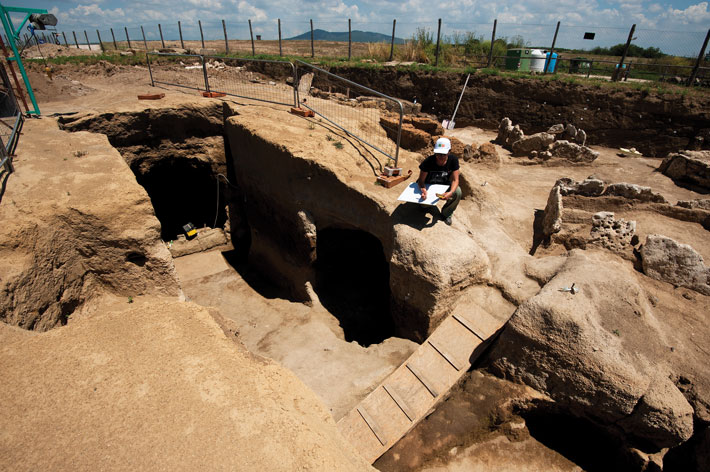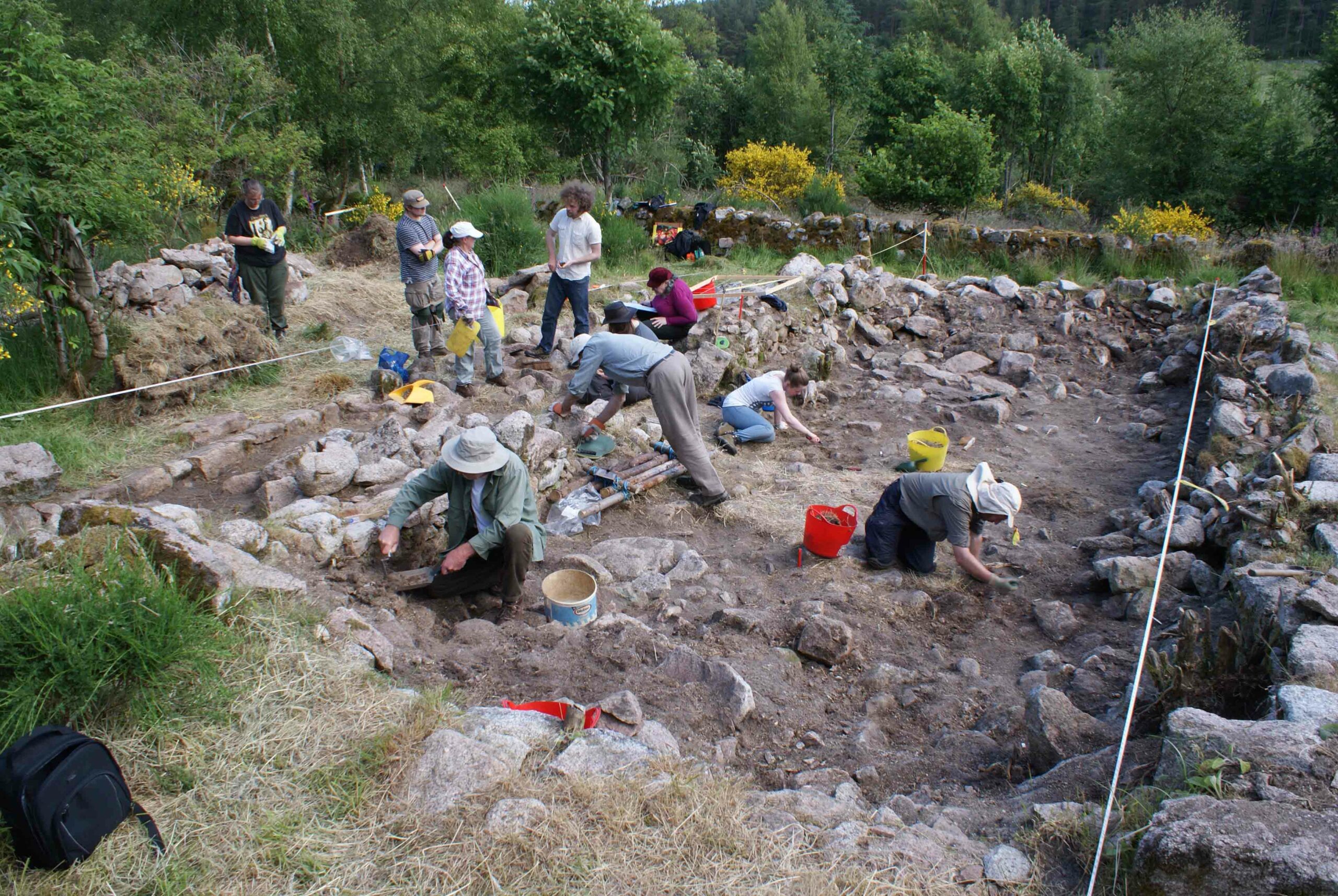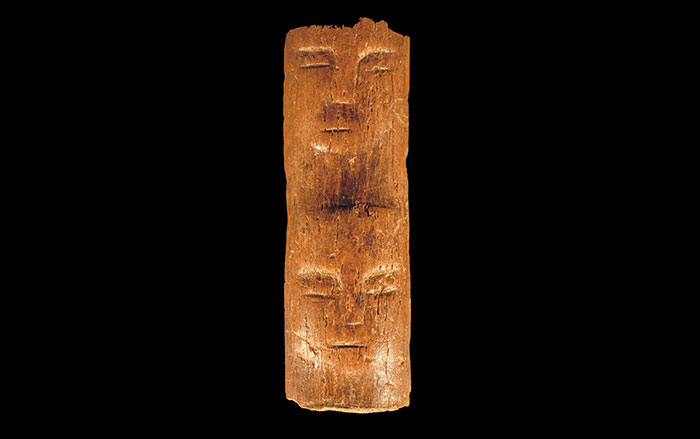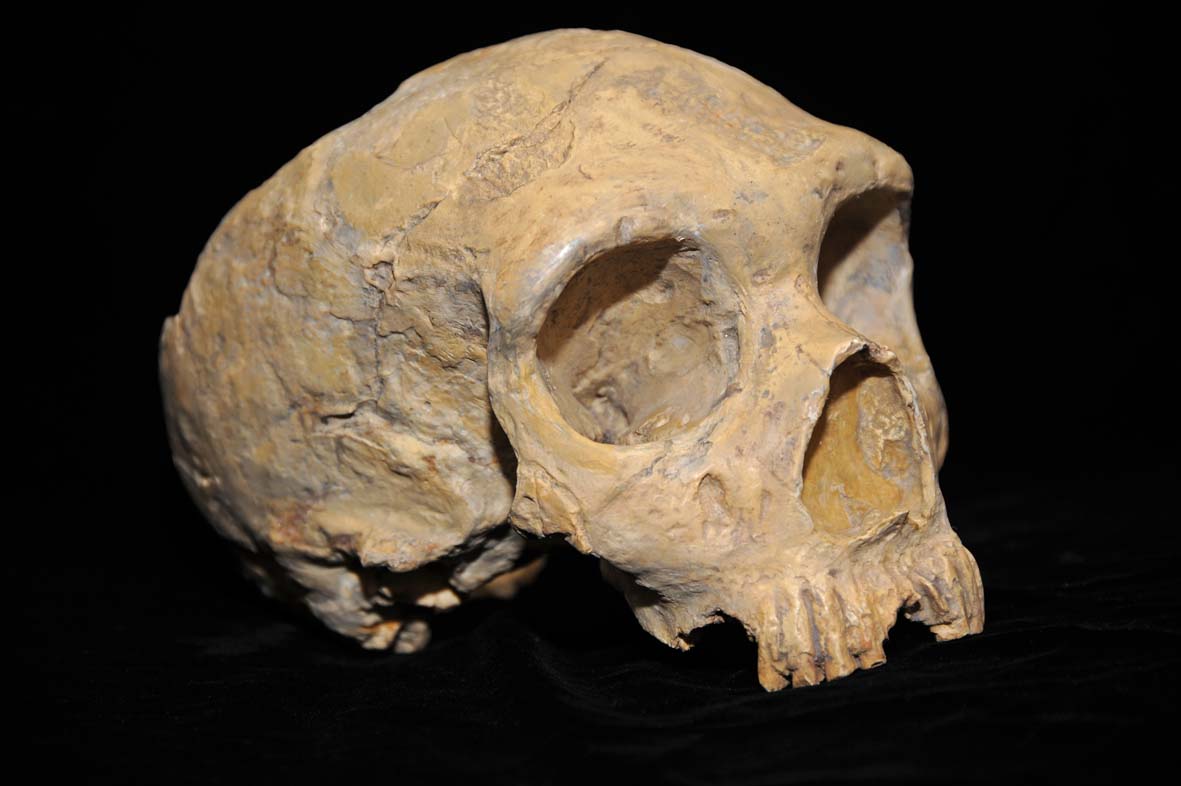
OXFORD, ENGLAND—Scientists using new, more precise radiocarbon dating techniques to study 40 Paleolithic sites from across Europe have determined that our close genetic cousins disappeared from Europe between 41,000 and 39,000 years ago. "I think that for the first time, we have a reliable extinction date for Neanderthals," University of Oxford scientist Tom Higham told Livescience. The new findings suggest that the two species may have coexisted for up to 5,400 years and that modern humans did not quickly wipe out the Neanderthals, as some scholars believe. Rather, they could have dramatically influenced each other both culturally and genetically. Higham notes that the Neanderthal extinction event "might have been more complex and drawn out than previously thought." To read about the debate over cloning our closest extinct relatives, see ARCHAEOLOGY's "Should We Clone Neanderthals?"


